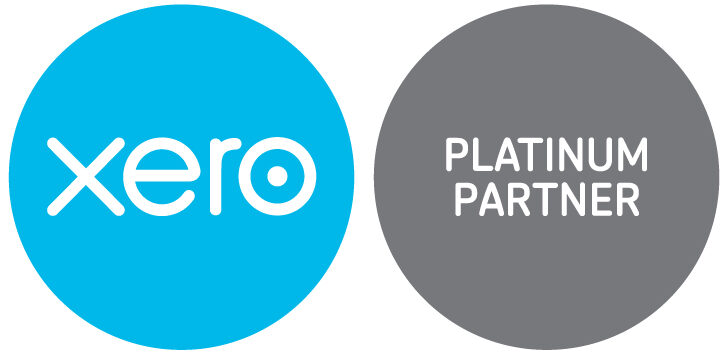One of the changes made in the recent 2018 Budget was to give HMRC preferred creditor status in order to collect taxes already held in trust when business insolvencies begin.
It is a move that has already attracted criticism as it disadvantages other creditors and will reduce the amount of debt recovered by some secured creditors and unsecured creditors alike once introduced on April 6th 2020.
Distinctions on HMRC preferential creditor status
There are some important distinctions to be made here. For example, HMRC preferential creditor status applies only to taxes already collected by the insolvent company but not yet paid over to HMRC.
Such taxes might include employment taxes paid by employees, as well as tax paid to the company by customers that would be paid over to HMRC at a later date if the company had continued trading.
The new rules do not give HMRC preferential creditor status in regards to the business’s own taxes – only those held in trust by the company after being paid by a third party such as an employee or customer.
But they do mean an estimated £185 million in additional tax revenues is paid to HMRC each year, further reducing the amount likely to be paid out to other creditors including financial services institutions.
An increase in debt recovered
Until now, HMRC has recovered an average of just 14% of the debt owed to it in business insolvencies compared with 83% for other preferential creditors, such as the Financial Services Compensation Scheme and the Redundancy Payment Service.
This is by far the largest percentage of debt recovered from business insolvencies – compared against 36% for secured creditors and just 4% for remaining unsecured creditors.
Secured creditors who hold fixed charges over property and machinery will remain the primary creditors in business insolvencies after April 6th 2020, but HMRC will be among those second in line to the types of tax debts mentioned above.
That means creditors with loans secured against assets like stock or raw materials will see their recovered debt percentage drop, and unsecured creditors will recover even less than the current 4%.
One final important point to note is that HMRC will continue to apply Time To Pay arrangements to viable businesses, giving them the opportunity in some cases to catch up on their tax debts without entering into company insolvency proceedings. Contact us today if you would like to know more about how preferred creditor status can help you.






 Production
Production